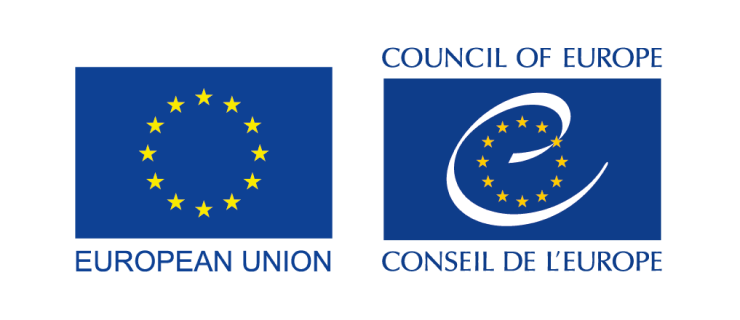Learning Materials for Teachers
Tajsa - The Genocide of the Roma and the Roma identity
Multiple Authors • Radio La Benevolencija, NGO Terraforming, Patrin, ternype • 2016
Levels and forms of education
Resource type
Worksheets and informative texts
Audio-visual materials (photographs, videos, movies, audio files)
Digital tools (e.g. video games, quizzes, etc.)
Interactive formats (e.g. group work materials, board games, etc.)
Historic approaches concerned
Cultural History
Economic History
Global History
Local History
Microhistory
Political History
Social History
Transnational History
Historic period
First World War
1918-1939 (“Interwar Period”)
Second World War
1945-2000
1945-1960
1960-1970
1970-1980
1980-1990
1990-2000
21st Century
1900-1914
1900-1945
20th Century
19th Century
Countries or areas concerned
Cross-regional, Europe, Central Europe, Eastern Europe, Southeastern Europe, Northern Europe, Southern Europe, Western Europe, France, Czech Republic, Hungary, Italy, Netherlands, Romania, Serbia, Slovak Republic, Spain, Sweden, Ukraine
Languages
Albanian, Czech, Dutch, English, French, Hungarian, Italian, Romani, Romanian, Serbian, Spanish, Swedish, Ukrainian
Description
The genocide of the Roma and Sinti during World War II, also known as Porajmos or Samudaripen, was planned and and carried out by the Nazi Germany and its allies around Europe with the aim to exterminate the Roma and Sinti people. Tajsa.eu is a web based collection of video and audio podcasts, as well as educational resources, about the Genocide of the Roma in the World War II and its causes and consequences. It aims to encourage debate to further identity building and self-empowerment of the Roma communities in Europe. This new-media series is produced in 12 regions in Europe and is a project produced by Radio La Benevolencija HTF and partners Quick facts about the project A series about causes and consequences of the Genocide of the Roma in WWII; Focus: Roma identity building and self-empowerment; Locations: 12 regions – Czech Republic, France, Hungary, Italy, Kosovo, Netherlands, Romania, Serbia, Slovakia, Spain, Sweden, Ukraine; Language: Romani, the local language and English; Produced in cooperation with local Roma communities, Roma media professionals and broadcasters; Dissemination: through the Tajsa.eu online platform and social media; A knowledge platform: educational resources for further research and discussion available foreach episode; Broadcasting and dissemination through terrestrial radio; Local events with lectures, debates and discussions
Keywords
No data
